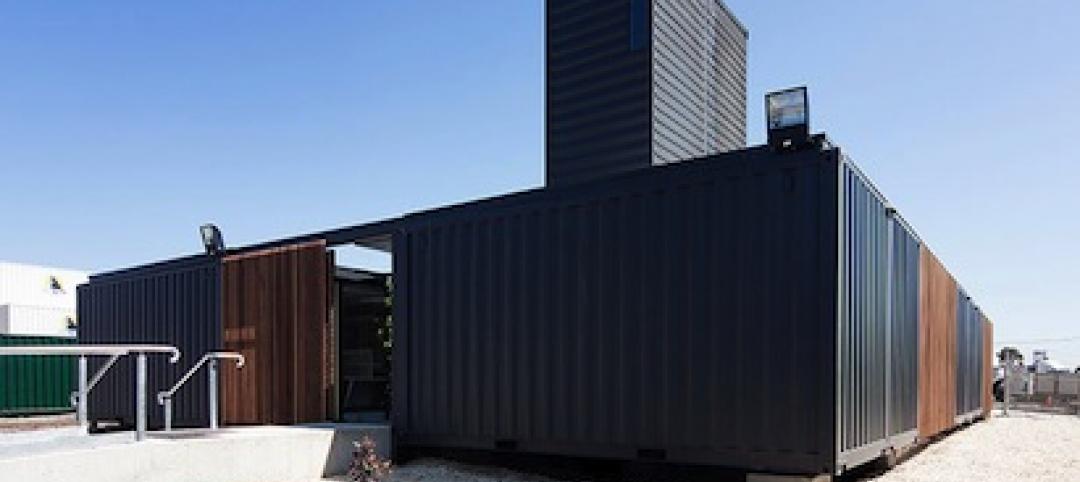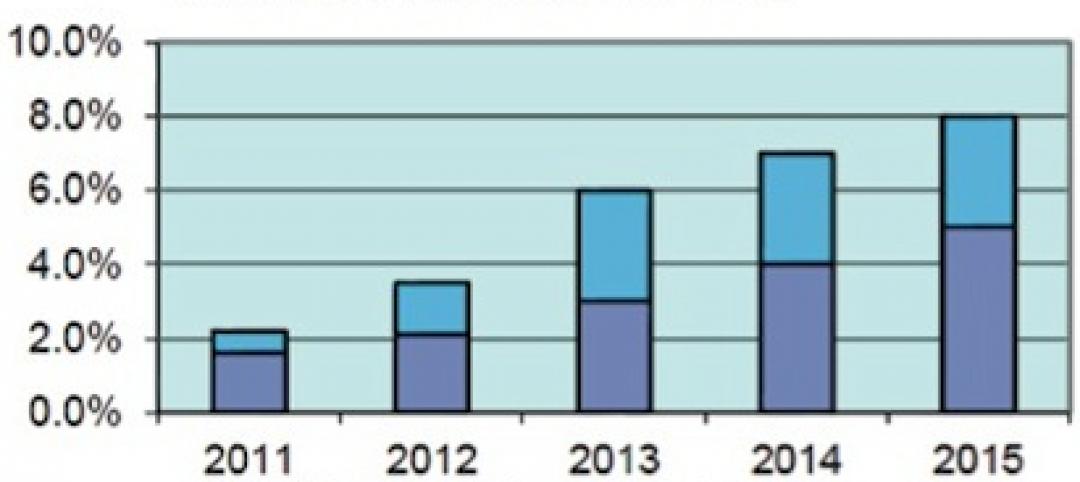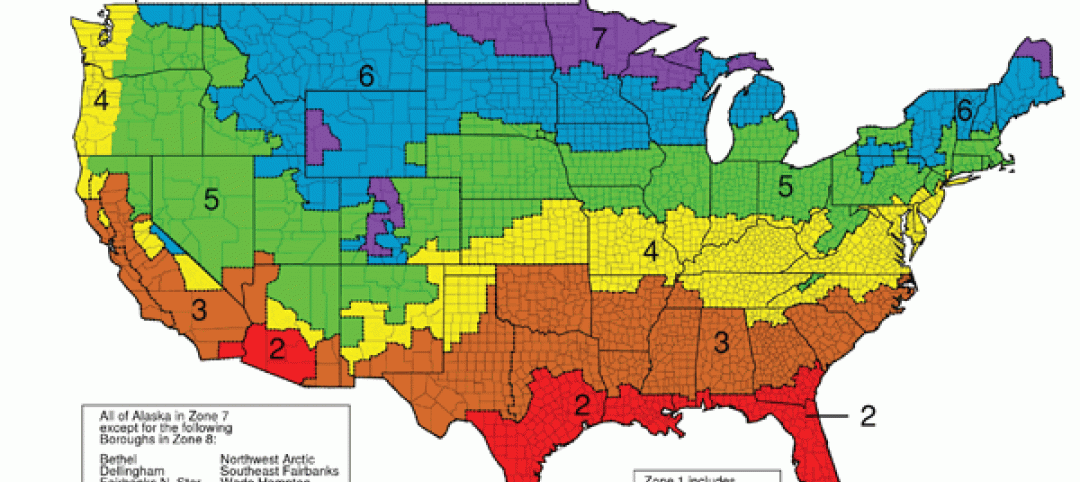Associated Builders and Contractors (ABC) launched “Building America: The Merit Shop Scorecard,” which reviews and grades state-specific information. The scorecard website identifies states that have created beneficial or subpar environments for merit shop contractors.
The Merit Shop Scorecard grades states on project labor agreement (PLA), prevailing wage and right-to-work policies as well as their construction job growth rate, commitment to developing a well-trained workforce, level of flexibility in career and technical education curricula and use of public-private partnerships (P3s).
“The Merit Shop Scorecard will be a useful tool for lawmakers and industry stakeholders to explain how state policies affect the ability of contractors to conduct business and expand their operations,” said ABC Director of Labor and Federal Procurement Ben Brubeck. “The scorecard highlights high-performing states that have enacted policies opposing anti-competitive schemes and restrictive, cost-inflating mandates while embracing fairness in the workplace. It also identifies low-performing states that have failed to foster environments where businesses can thrive, invest and create construction jobs in local communities.”
The merit shop philosophy is the belief that people and companies succeed based on free enterprise principles within the free market system, which is characterized by open and fair competition and diverse participants.
Top ranked states such as Arizona, Louisiana and Virginia all received high-performing grades for enacting PLA, prevailing wage and right-to-work policies that favor free enterprise. Conversely, low performing states such as New Mexico, Alaska and New York received poor overall rankings by earning a D or F grade for their policies on PLAs, prevailing wage and right-to-work legislation and other measurable categories.
The Merit Shop Scorecard was developed with input from ABC chapters and industry stakeholders across the country. States were evaluated based on their policies and records on seven key issues: Project Labor Agreements (PLAs), Prevailing Wage, Right to Work, Public-Private Partnerships (P3s), Workforce Development ;Career and Technical Education, and Job Growth Rate.
Criteria and definitions are available here. The scorecard will be updated monthly with exclusive state construction unemployment rate estimates from economist Bernard Markstein, Ph.D.
Related Stories
| Jan 17, 2014
Crystal Bridges Museum will move Frank Lloyd Wright house from New Jersey to Arkansas
Numerous architectural experts have concluded that moving the Bachman Wilson House offers its best hope for long-term survival.
| Jan 17, 2014
Australian project transforms shipping containers into serene workplace
Australian firm Royal Wolf has put its money where its mouth is by creating an office facility out of shipping containers at its depot and fabrication center in Sunshine, Victoria.
| Jan 17, 2014
The Starchitect of Oz: New Gehry building in Sydney celebrates topping out
The Dr. Chau Chak Wing Building at the University of Technology, Sydney, will mark Frank Gehry's debut project in the Australian metro.
| Jan 16, 2014
Construction spending for 2013 finishing 5% higher than 2012: Gilbane Construction Economics report
??Construction growth is looking up, according to the December 2013 release of the periodic report Construction Economics, authored by Gilbane Building Company. Construction spending for 2013 will finish the year up 5%.
| Jan 16, 2014
ASHRAE revised climatic data for building design standards
ASHRAE Standard 169, Climatic Data for Building Design Standards, now includes climatic data for 5,564 locations throughout the world.
| Jan 15, 2014
6 social media skills every leader needs
The social media revolution—which is less than a decade old—has created a dilemma for senior executives. While its potential seems immense, the inherent risks create uncertainty and unease.
| Jan 15, 2014
Report: 32 U.S. buildings have been verified as net-zero energy performers
The New Buildings Institute's 2014 Getting to Zero Status report includes an interactive map detailing the net-zero energy buildings that have been verified by NBI.
| Jan 13, 2014
AEC professionals weigh in on school security
An exclusive survey reveals that Building Teams are doing their part to make the nation’s schools safer in the aftermath of the Sandy Hook tragedy.
| Jan 13, 2014
6 legislative actions to ignite the construction economy
The American Institute of Architects announced its “punch list” for Congress that, if completed, will ignite the construction economy by spurring much needed improvements in energy efficiency, infrastructure, and resiliency, and create jobs for small business.
| Jan 12, 2014
The ‘fuzz factor’ in engineering: when continuous improvement is neither
The biggest threat to human life in a building isn’t the potential of natural disasters, but the threat of human error. I believe it’s a reality that increases in probability every time a code or standard change is proposed.

















